Indigenous·New
For galore Indigenous people, deciding whether to formed a ballot in the upcoming national predetermination is simply a analyzable choice.
Threats from U.S. 'causing disorder implicit what to bash and however to spell astir doing it'

Stephanie Cram · CBC News
· Posted: Apr 14, 2025 4:00 AM EDT | Last Updated: 10 minutes ago

For galore Indigenous people, deciding whether to formed a ballot in the upcoming national predetermination is simply a analyzable choice.
"We tin interaction the vote, it's whether oregon not we take to," said Chadwick Cowie, who is Ojibway from Hiawatha First Nation successful confederate Ontario, and an adjunct prof of governmental subject astatine the University of Toronto Scarborough.
"The interior dilemma is precise understandable, and I don't clasp it against anyone who chooses not to ballot based connected pact rights."
He said immoderate First Nations radical indispensable instrumentality the clip to bespeak connected whether oregon not voting makes consciousness to them.
"The thought of citizenship successful the Canadian authorities hasn't been 1 to needfully dainty america arsenic equals, but alternatively to beryllium utilized arsenic a mode of furthering settler colonialism," said Cowie.
Inuit were granted the close to ballot successful 1950, but many of them didn't spot a ballot container successful their location assemblage that decade. Elections Canada says each Arctic communities got voting services by 1962.
First Nations radical wouldn't beryllium granted the close to ballot federally until 1960.
2015 voting surge
The 2015 predetermination was connected the heels of Idle No More, a protestation question that grew to encompass everything from Indigenous sovereignty and protecting the treaties to addressing societal and economical inequalities.
"Indigenous radical were deciding to vote, not due to the fact that of having a consciousness of work to being a Canadian citizen, but a consciousness of work to their ain nations and wanting to spot a authorities successful spot that would really perceive to them," said Cowie.
"For First Nations people, it was much that they had capable of a authorities that consistently steamrolled them."

The wide Indigenous elector turnout is not recorded by Elections Canada, but they bash way the turnout connected reserves.
In 2015, Elections Canada reported 61.5 per cent of First Nations voters surviving connected reserve formed a ballot, an summation of 14 percent points from the 2011 election. The turnout for the wide colonisation was 66 per cent.
In the 2021 election, 62.6 per cent of Canadians voted, and 44.5 per cent of radical surviving connected reserve voted.
"The deficiency of speech connected reconciliation and pact rights and each these different things that had been ascendant successful 2015 … it's not astatine the forefront," said Cowie.
In this election, Cowie said, the governmental clime is overmuch antithetic from 2015.
"We've ever dealt with an onslaught of radical trying to assimilate oregon instrumentality america implicit oregon power us, and we're present dealing with that … not conscionable from Canada, but besides present we're seeing it from the United States," said Cowie.
"I deliberation it's causing disorder implicit what to bash and however to spell astir doing it."
WATCH | How to vote, with oregon without ID: How Indigenous voters tin formed their ballot
There are groups inactive trying to empower Indigenous voters, including the Assembly of Manitoba Chiefs (AMC), whose run focuses connected informing First Nations voters connected wherever the parties basal connected Indigenous issues, and reminding the national parties the Indigenous ballot matters.

"We are focused connected ensuring that each parties recognize our presumption and however First Nations people, First Nations communities … request to beryllium progressive successful the discussions surrounding immoderate votes," said AMC Grand Chief Kyra Wilson.
Issues left unaddressed
Wilson said many of the promises made successful 2015 by the Liberal Party inactive stay unresolved.
"There are truthful galore precise important areas that continually spell unaddressed … lodging infrastructure, cleanable drinking water, kid payment – the issues inactive remain," said Wilson.
"First Nations radical request to beryllium portion of these discussions, they request to enactment successful the election."
For Wilson, upholding the treaties is her apical priority.
"[We] request to beryllium capable to fig this retired together, First Nations and authorities and the Crown, however are we going to uphold the treaties that were promised, and signed onto … with each our ancestors," said Wilson.
ABOUT THE AUTHOR

Stephanie Cram is simply a CBC Indigenous newsman based successful Edmonton, antecedently moving arsenic a clime reporter. She has besides worked successful Winnipeg, and for CBC Radio's Unreserved. She is the big of the podcast Muddied Water: 1870, Homeland of the Métis.

 10 Months ago
108
10 Months ago
108
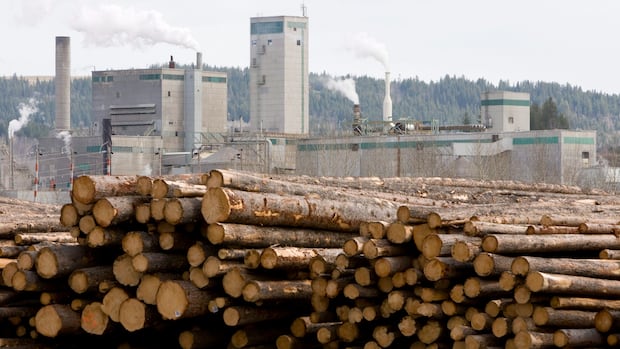
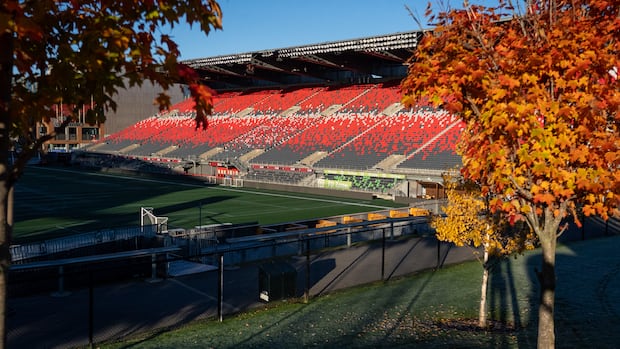
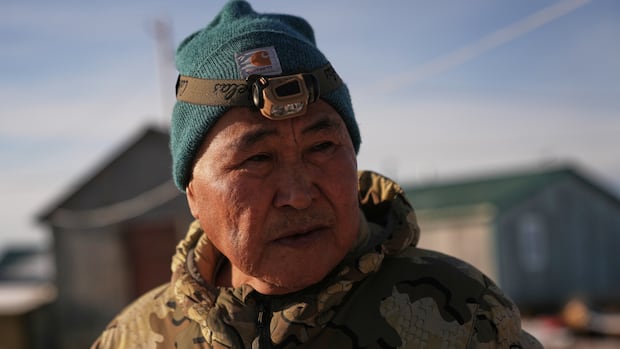
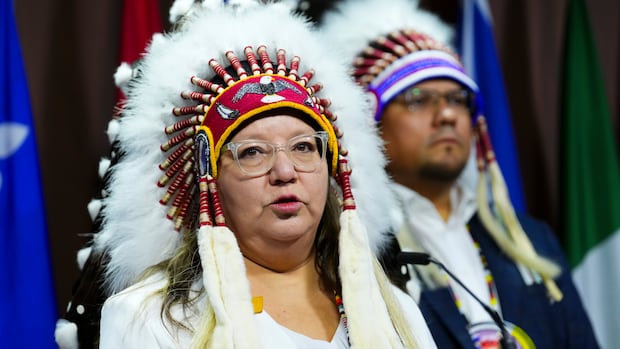
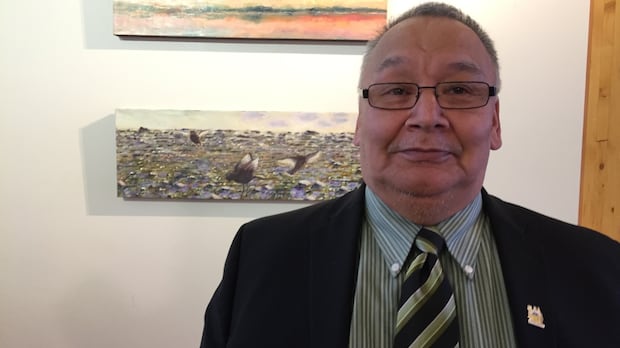
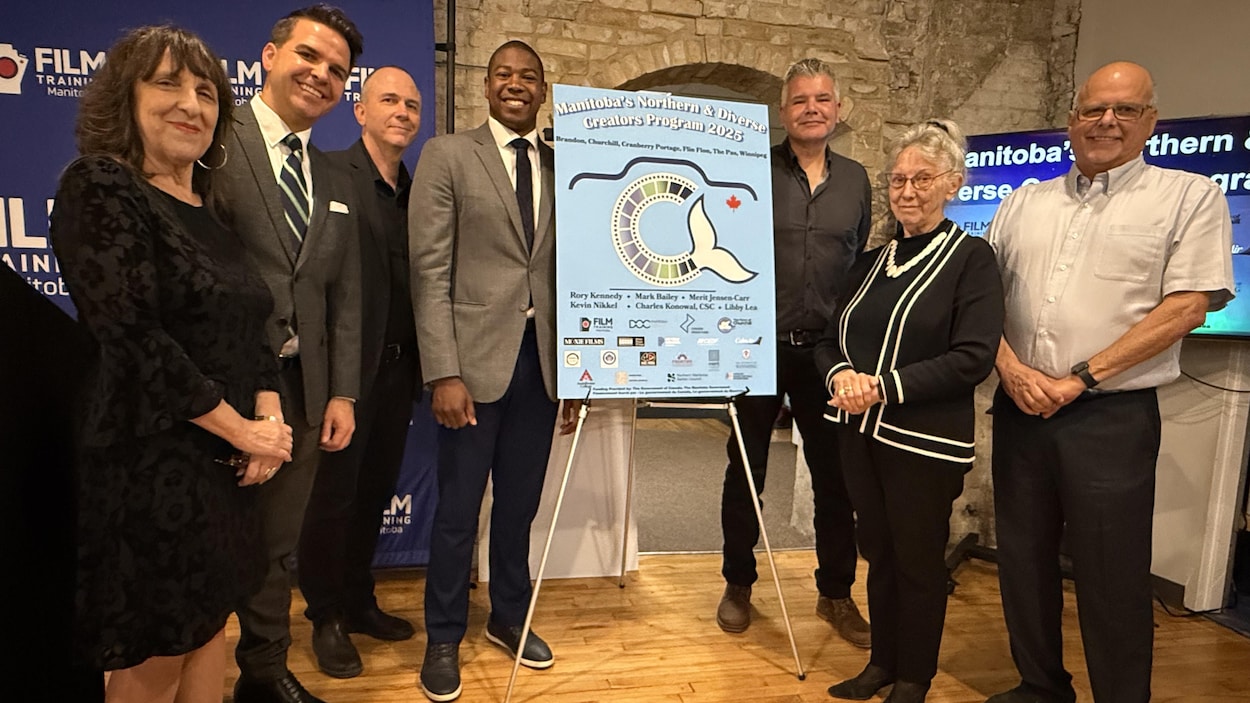

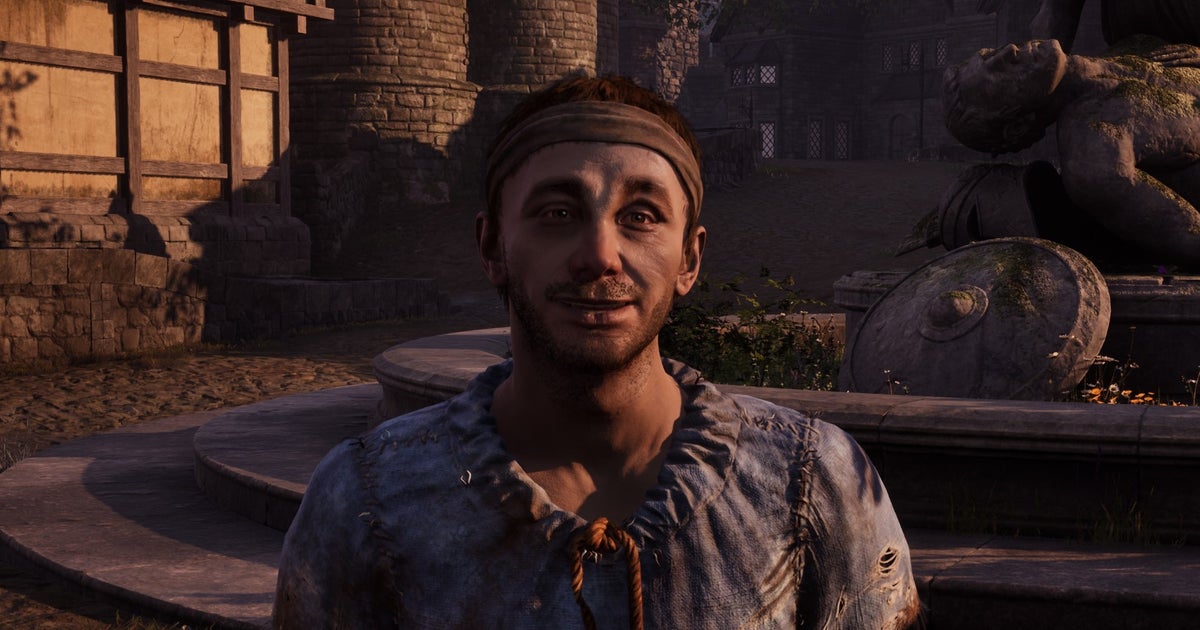
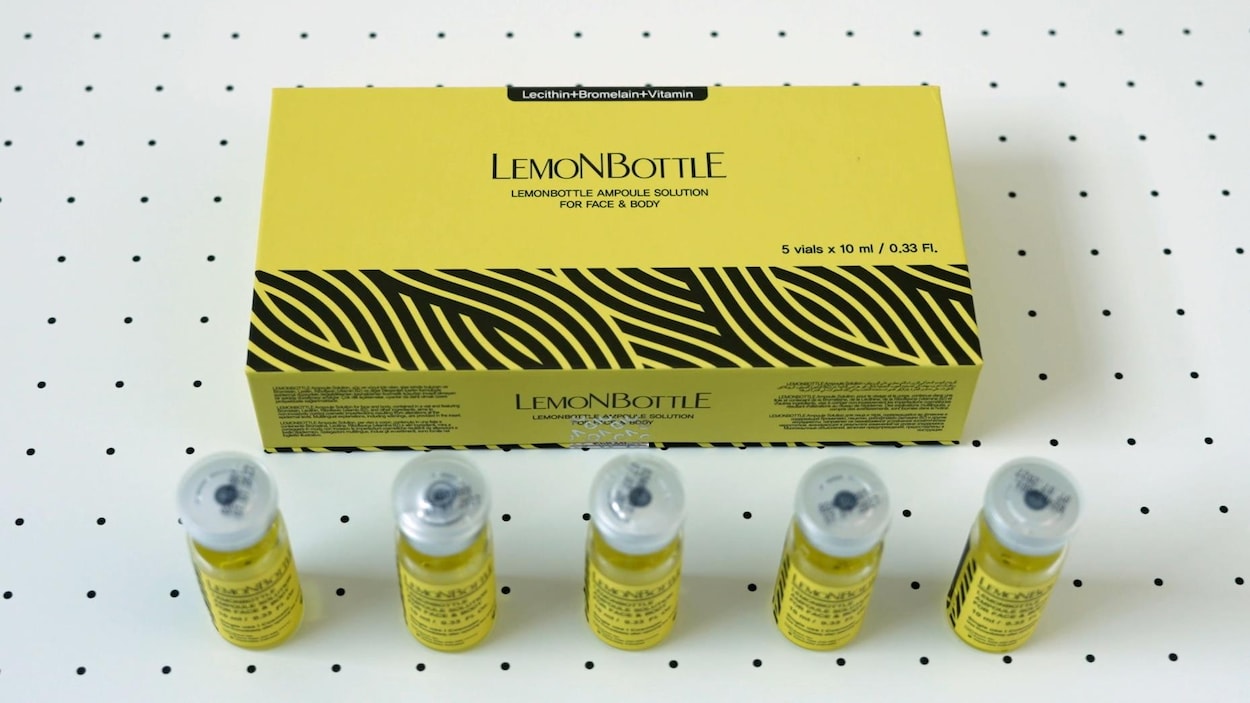

 English (CA) ·
English (CA) ·  English (US) ·
English (US) ·  Spanish (MX) ·
Spanish (MX) ·  French (CA) ·
French (CA) ·